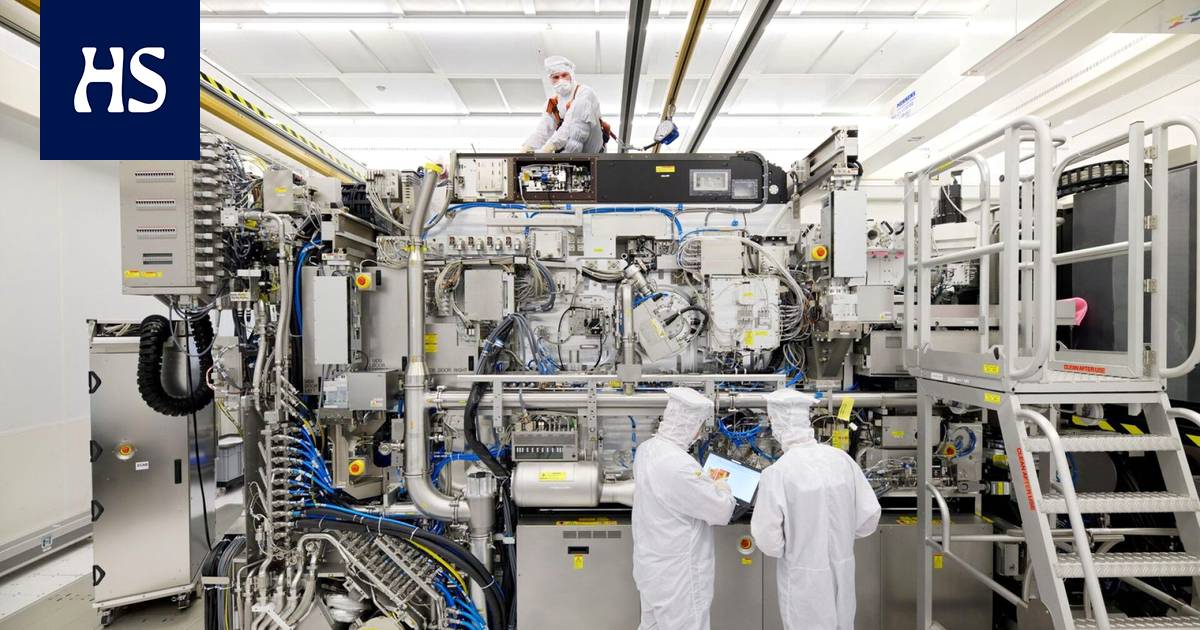The US is trying to prevent China from developing a semiconductor industry that would serve its weapons industry.
28.1. 15:53 | Updated 10:09 am
Japan and the Netherlands restrict the export of machines needed for the manufacture of microcircuits to China, the newspaper reports Financial Times and news agency Bloomberg.
Both countries reached an agreement with the United States on export restrictions. The aim is to hamper China’s efforts to produce advanced weapons.
The Financial Times and Bloomberg news are based on information received from several parties familiar with the negotiations.
Sources according to the agreement was reached on Friday in the capital of the United States, Washington. Three months ago, the United States banned its domestic companies from selling machines needed to manufacture microcircuits to China.
The White House declined to comment on information obtained about the deal. The agreement is a significant milestone in US efforts to prevent China from developing the semiconductor industry.
President Joe Biden the administration has been negotiating with Japan and the Netherlands on export restrictions for two years. The negotiations have stalled because the states have been worried about their domestic companies.
The Dutch ASML and the Japanese Tokyo Electron and Nikon are major manufacturers of machines needed for the production of microcircuits. Microcircuits are the brains of electronic devices.
Read more: The world doesn’t work without microchips and that’s why production is wanted in Europe – The problem is the cost of manufacturing and the fact that a particle of dust floating in the factory can ruin everything
In October The United States announced extensive unilateral export restrictions, mainly targeting China’s arms industry. The restrictions are intended to hamper China’s efforts to acquire or develop advanced semiconductors for supercomputers, artificial intelligence, nuclear weapons modeling and hypersonic guidance.
US companies Applied Materials, Lam Research and KLA were concerned that the export restrictions imposed in October only targeted them, but not ASML and Tokyo Electron.
Several sources told the Financial Times that the three nations have decided not to disclose details of the deal due to its sensitivity.
The United States offered Japan and the Netherlands the opportunity to decide how to communicate the restrictions. For now, it remains unclear what means Japan and the Netherlands will use to limit the export of machinery needed to manufacture microcircuits.
Japan and the Netherlands have also been concerned that they are interpreted as committed to the US trade policy against China.
Correction 29.1. at 10:09 a.m.: One of the major manufacturers of the machines needed for the production of microcircuits is Nikon, not Nikona, as it read incorrectly earlier in the article.
#Trade #Policy #Japan #Netherlands #joined #front #China #microchips








